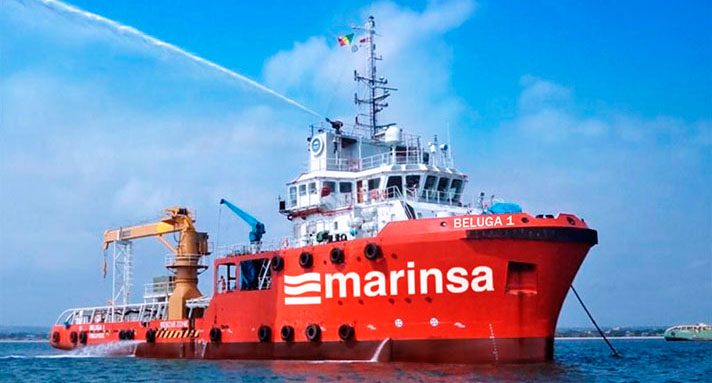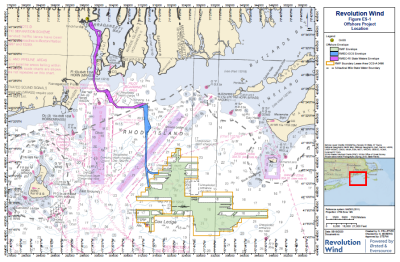With oil prices dead in the water and vessel and rig stackings increasing daily, why would an offshore service vessel company enter the U.S. Gulf of Mexico?
The company is Marinsa, a Mexican operator with 31 vessels that work in Mexican waters in the Gulf of Mexico. Marinsa is joined in its U.S. move by sister company Oceamar which provides a wide range of vessel services from brokerage to helicopters to navigation permits to marine supplies. The companies’ parent is Cemza, which operates several other subsidiaries such as Bistro (offshore catering), Varaderos Zavala (shipyard), Presco (personnel supply), Enermar (marine fuel) and Venus (offshore equipment, including living quarters, containers, tanks, etc.).
The company, founded some 50 years ago, began servicing offshore service vessels in its Mexican shipyard in 1998-1999. By early 2000, the shipyard was serving only the oil and gas sector. In 2004, the company began to build its OSV fleet with the purchase of the Palizada, a 158' supply vessel.
The company currently gets half its revenue from contracts with Pemex. The other half comes from private sec.tor companies such as seismic companies Dolphin Geophysical, PGS, Western Geco and CGG.
At the beginning of 2015, Cemza decided to enter the international market. The company has opened three offices in Texas — Brownsville, Corpus Christi and Houston — and has its sights on additional locations in the U.S. Gulf. The company, according to Marinsa CEO Jose Zavala, has its eyes on other foreign locations as well, including the Middle East.
The company has what would seem to be very ambitious goals in the light of depressed oil and gas prices. But, Zavala said these goals are predicated on reasonable plans and assumptions. In the near term, the plan for the company’s foreign presence is to establish a network in preparation for an anticipated market improvement in 2017. They want to be, as Zavala puts it, “early to the party.” In addition, the company will operate with U.S. partners to both establish a U.S. presence and to comply with Jones Act regulations.
It is unclear if this plan will work. In today’s market, it is hard to see how adding services and vessels to an oversupplied market would be viable. But I have been wrong before.





